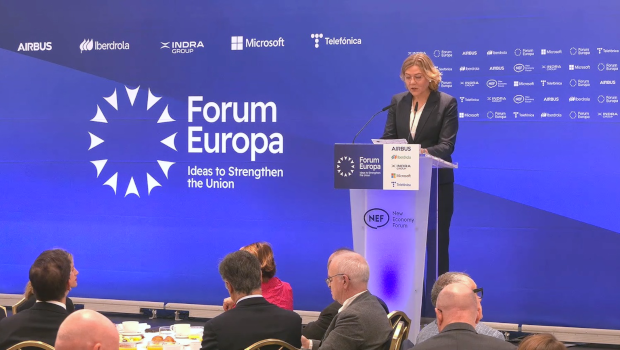Henna Virkkunen, Executive Vice President of the European Commission for Technological Sovereignty, unveiled an ambitious plan this Thursday at the Forum Europa in Brussels to position the EU at the forefront of artificial intelligence and critical technologies.
During the event organised by New Economy Forum in the EU's capital, Virkkunen highlighted that Europe already has 13 operational AI factories across 17 Member States, which will provide optimised computing services for businesses and researchers.
The European Commission has received over 70 proposals from 16 Member States to establish AI gigafactories at 60 different locations, far exceeding the initial expectations of 4-5 planned facilities.
The participating consortia have expressed their intention to invest more than €230 billion in AI gigafactories over the next 3-5 years, demonstrating Europe's growing momentum in this strategic field.
The EU boasts HPC supercomputers among the ten most powerful in the world, including the recently inaugurated Jupiter in Germany, the first European exascale supercomputer.
AI gigafactories will combine massive computing power with energy-efficient data centres and automation to optimise the training and deployment of AI models.
These facilities will be four times more powerful than the largest current AI factories and will bring together researchers, entrepreneurs, and investors for innovative projects.
The European Chips Act has triggered investments worth over €80 billion and has launched five pilot lines to strengthen design and manufacturing capabilities.
Europe starts from a position of excellence in quantum technology, with the world's highest concentration of talent and one-third of all start-ups in the sector.
The Vice President emphasised the need for clean and affordable energy to power data centres, advocating for maximising all available sources within the EU.
New developments will focus on energy efficiency to ensure environmentally friendly solutions in energy consumption, water usage, and other resources.
Virkkunen stressed that the EU must be prepared for hybrid threats such as cyberattacks, disinformation, and sabotage against critical infrastructure.
The Commission is finalising a roadmap on weapon technologies as part of the Defence White Paper, acknowledging the dual civilian and military use of technologies such as quantum computing.












